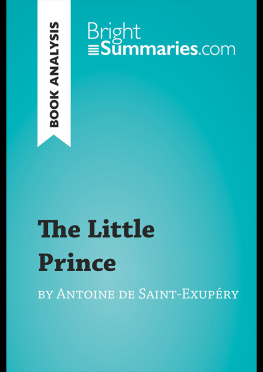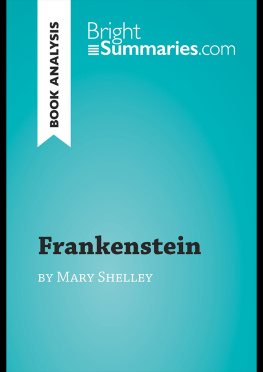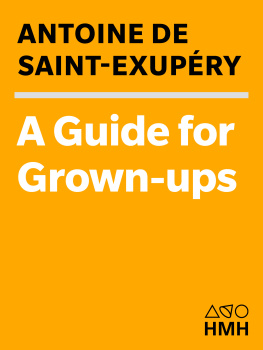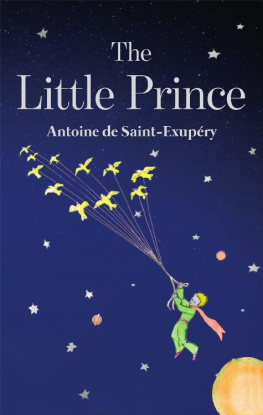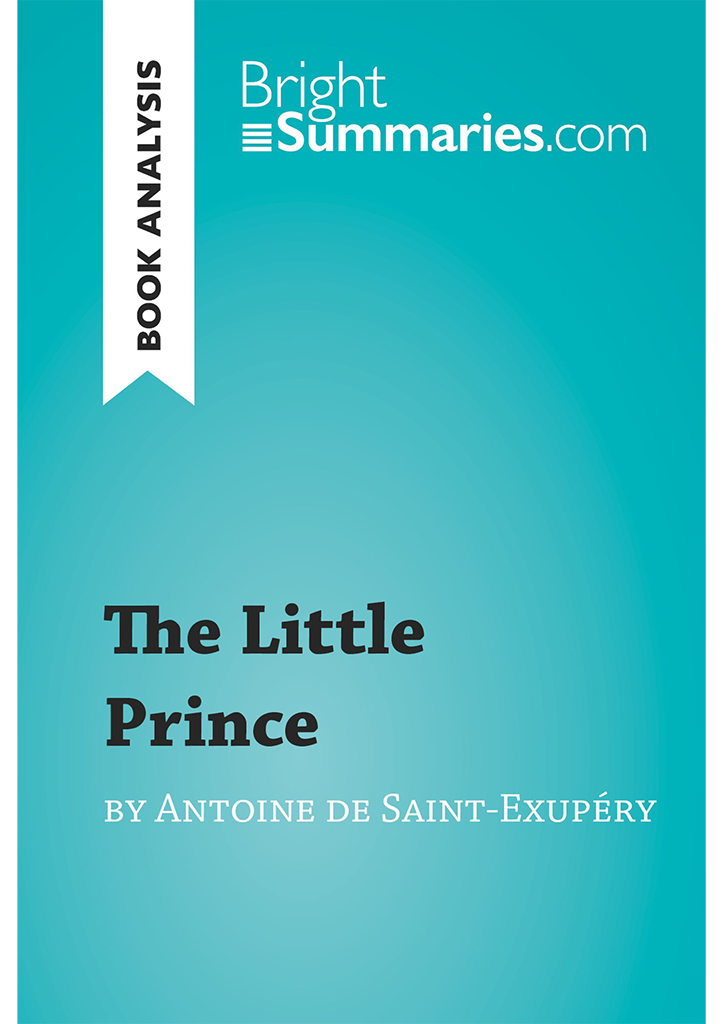A particularly famous philosophical tale, The Little Prince is the story of a meeting between a pilot stranded in the Sahara Desert and a young child, who appears to have come directly from the stars. A story of initiation with a strong symbolic dimension, it was first published in 1943 in the United States in the form of an English translation illustrated by the author, then in France in 1945, after the writers death.
An essential reference in French literature, its success in bookstores is still prominent today.
Summary
A child who fell from the sky
Written in the first person, The Little Prince reveals some of the narrators childhood memories, from a time when he loved drawing boa constrictors. But when he shared his masterpieces with grown-ups, they advised him to devote himself to geography, history, arithmetic and grammar.
After a lonely childhood, the narrator became a pilot. It is after a forced landing in the middle of the Sahara that he meets the little prince. He is a child, of similar appearance to others, who got lost in the desert and yet does not seem to be lacking anything. He awakens the pilot after his first night of waiting, asking him: If you pleasedraw me a sheep.
Surprised, the pilot does as he asks. But none of his sketches seem to satisfy the little prince. As a last resort, he ends up drawing a box with holes and telling the little boy: The sheep that you want is inside. This satisfies the prince who, now happy, remarks that the sheep has fallen asleep.
An unusual daily routine
Over the days that follow, the narrator gets to know the little prince. He discovers that he came from the asteroid B-612, a planet so small that it is barely bigger than a house. The life of the little prince was taken up by daily activities such as sweeping his three small volcanoes or pruning the baobabs, dangerous weeds that would threaten the planet if they were allowed to reach their adult size.
The little prince loved to watch sunsets: the asteroid was so small that he only had to move a few meters to see another sunset. The boy says that he once saw forty-three sunsets in one day.
The boy also tells the story of his rose. One day, he witnessed the birth of a rose, as beautiful as it was demanding. He fell in love, but the whims of the vain flower eventually got the better of his patience.
Exploring the world
The little prince then decided to leave his rose and his asteroid to explore the planets. On the way, he encountered a series of colorful characters: the self-proclaimed reigning king of an illusory kingdom, a conceited man, an alcoholic, a businessman obsessed with counting the stars that he owned, a lamplighter whose planet was so small that he had to work continuously, and finally a geographer, a man of books who refused to explore the world himself. The little prince was struck by the absurdity of the concerns of these characters and by their solitude.
The child then arrived on Earth. There he met a snake who spoke in riddles, then a flower of no account at all, before he discovered the echo of the mountains and finally, he arrived in the middle of a beautiful rose garden, where he realized with sadness that there was nothing unique about his own rose.
Essentials in life
One day, he met a fox who wished with all his heart that the little prince would tame him. The fox explained that the word tame meant to create ties (p. 68) and he would be linked to him through friendship. For the little prince, this was an opportunity to understand the true meaning of friendship. He left his companion full of sadness.
The last acquaintances of the little prince were the switchman, who was sorting the overpopulated trains, and the merchant who sold pills that quench thirst. He then returned to the desert, where he meets the narrator.
Eight days have passed since the meeting between the narrator and the little prince and the lack of water is becoming a concern. The little prince takes the narrator to a well, a symbol of a never-ending source and the treasure hidden in everything and everyone: What makes the desert beautiful [] is that somewhere it hides a well.
But the time to depart soon arrives. The narrator manages to repair his plane and the little prince is bitten by the snake in order to break free of his body and return to his planet, where he will take care of his rose once again. The tale ends with the poignant evocation of the narrators memories: Nothing in the universe can be the same if somewhere, we do not know where, a sheep that we never saw has - yes or no? - eaten a rose....
Character study
The little prince
With blond hair, a scarf forever blowing in the wind and a tinkling laugh, the little prince is a mysterious child from a distant planet. Sensitive and curious, he never stops asking questions, exploring the universe and trying to understand the meaning of the world and of life. He is the embodiment of the innocence and purity of childhood: his vague origin and unearthly appearance help to make him an archetypical child.
Several models were used by Saint-Exupry when constructing the character. His personality was directly inspired by his friends children. The gestation of the character in any case was quite slow (one of the first sketches appeared in 1940, in a letter to this friend Lon Werth, to whom the story is also dedicated). The idea of his apparition in the middle of the desert owes a lot to an accident experienced by Saint-Exupry in Libya where he was saved by a caravan of nomads (assistance that fell from heaven, so he said).
Although the little princes quest is never explicitly defined, major issues for children about life are discussed: love, friendship, the meaning of life, death, etc. What he says often seems nave but turns out to be quite profound.
The narrator
The story gives very little insight into the character of the narrator, except that he is a pilot stranded in the desert and that he was a child full of imagination before having to choose a more serious career. He is the confidant of the little prince and the intermediary between the little princes story and the reader. After listening to the little princes story on what he learned from the fox, the narrator himself learns from the child what makes something important and what is essential in life, particularly when they are looking for water in the desert. His search for the well shows that lessons must be learned through personal exploration, not just by reading books.

